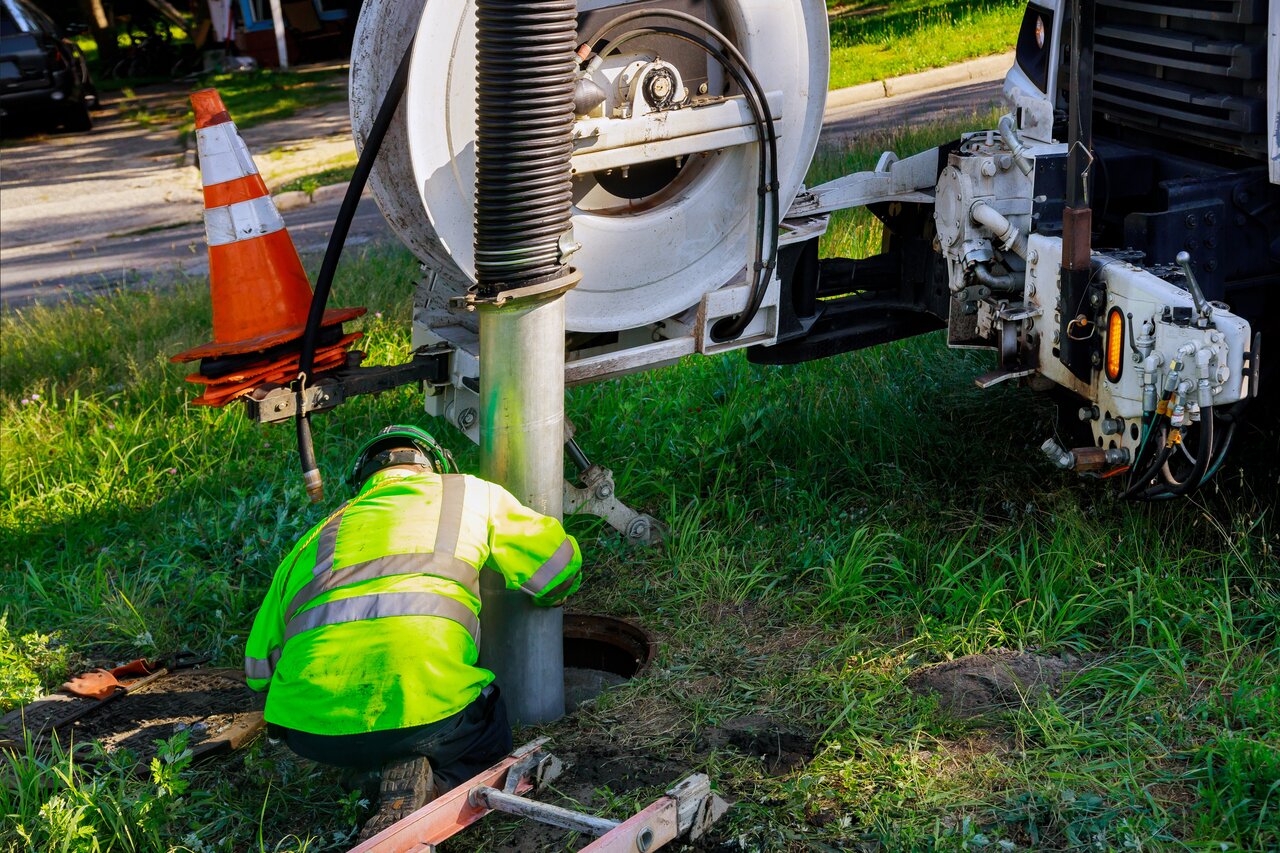A well-functioning sewer system is crucial to maintaining a healthy and comfortable living environment in your home. However, many homeowners may not be aware of the best practices and steps necessary to keep their residential sewer systems in top shape. A poorly maintained sewer system can lead to disastrous consequences, including costly repairs and damage to your property.
We at Expert Services – Plumbing, Heating, Air & Electrical, a renowned company providing quality plumbing, heating, air, and electrical work across Salt Lake and Utah Counties, are here to help you with the essential homeowner’s guide to residential sewer maintenance. In this article, we will unravel the secrets to maintaining your sewer system’s health and efficiency with valuable tips, tricks, and best practices from industry experts. By following these guidelines, you can ensure your home’s sewer system remains in optimal condition, avoiding unpleasant surprises and costly repairs down the road.
1. Regular Inspections of Your Sewer Lines
Routine inspections of your sewer lines are the first and most crucial step in ensuring your sewer system remains in great shape. It is recommended to have a professional plumber inspect your sewer lines every one to two years or more frequently if you are experiencing recurring issues. Regular inspections help identify any potential problems, such as tree root intrusion, blockages, or cracked and misaligned pipes. These early detections allow you to address issues before they escalate into larger, more expensive repairs.
2. Proper Disposal of Household Waste
Proper disposal of household waste plays a significant role in maintaining the health of your home’s sewer system. Many common plumbing issues are caused by incorrect disposal of materials that can clog or damage your sewer lines. To avoid these issues, follow these guidelines:
– Do not pour grease, oil, or fats down your drains. Instead, let them cool and dispose of them in a sealed container in the trash.
– Avoid flushing items such as paper towels, sanitary napkins, diapers, or “flushable” wipes down your toilet. These materials can cause blockages and damage your sewer system.
– Install a hair catcher in your shower or tub drains to prevent hair from accumulating and causing clogs.
– In your kitchen sink, install a strainer to catch food particles and avoid rinsing coffee grounds or fibrous foods (such as celery or onion peels) down the drain.
By following these disposal tips, you can significantly reduce the risk of clogs and damage to your sewer lines.
3. Tree Root Management
Tree roots are a leading cause of sewer line problems, as they are naturally attracted to the moisture and nutrients found in sewer pipes. Over time, tree roots can infiltrate cracks or joints in your sewer lines and cause obstructions or damage to the pipes. To mitigate the risk of root intrusion, consider these preventive measures:
– Locate your sewer lines before planting new trees or shrubs, and avoid planting them too close to your pipes.
– Choose slow-growing, small-rooted trees when landscaping near your sewer system.
– Install root barriers to redirect root growth away from your pipes.
– Periodically treat your pipes with a root killer to prevent root growth inside the sewer lines.
Consult with a plumbing professional to assess the risk tree roots pose to your sewer system and develop a proper root management plan.
4. Preventive Sewer Line Cleaning
Regular sewer line cleaning is an effective way to prevent sewer backups and maintain optimal sewer system performance. This can be accomplished using a high-pressure hydro jet, which uses powerful water streams to dislodge obstructions and remove debris from your pipes, or using a mechanical sewer snake to break up and remove clogs.
It is essential to consult with a professional plumber to determine the best cleaning method for your specific situation. They can also provide recommendations on the appropriate cleaning frequency based on factors such as the age of your sewer system, the presence of tree roots, or the type of waste being disposed of.
5. Proper Maintenance of Your Sewer Cleanout
The sewer cleanout is an access point into your home’s main sewer line, which comes in handy when you need to clear clogs or perform maintenance. Keeping your sewer cleanout properly maintained and accessible can help prevent problems down the line and make it easier to address issues when they arise. Follow these tips to ensure your sewer cleanout remains in good shape:
– Ensure your sewer cleanout cap is securely fastened to prevent debris or animals from entering the sewer line.
– Keep the area around your cleanout clear of vegetation, debris, or other obstructions.
– Regularly check for signs of leakage or damage around your sewer cleanout. If you notice any issues, contact a plumbing professional for a thorough inspection and repair as needed.
By taking care of your sewer cleanout, you can further protect your sewer system and save yourself time and effort in the long run.
Conclusion
Maintaining your home’s sewer system may seem like a daunting task, but with a proactive approach and the right knowledge, you can ensure your sewer system remains in top shape. As a homeowner, taking the time to regularly inspect, clean, and care for your sewer system can save you from costly repairs and ensure the comfort and health of your household. Always consult with our trusted plumbing professionals at Expert Services – Plumbing, Heating, Air & Electrical, for advice and assistance in keeping your sewer system working efficiently and effectively.
Don’t let small problems escalate into significant issues. Trust us at Expert Services – Plumbing, Heating, Air & Electrical, your dependable partner for electrical, heating, air, and plumbing in Bountiful, UT. Contact us today and experience the difference that professional care makes in safeguarding your home and promoting a comfortable living environment.
